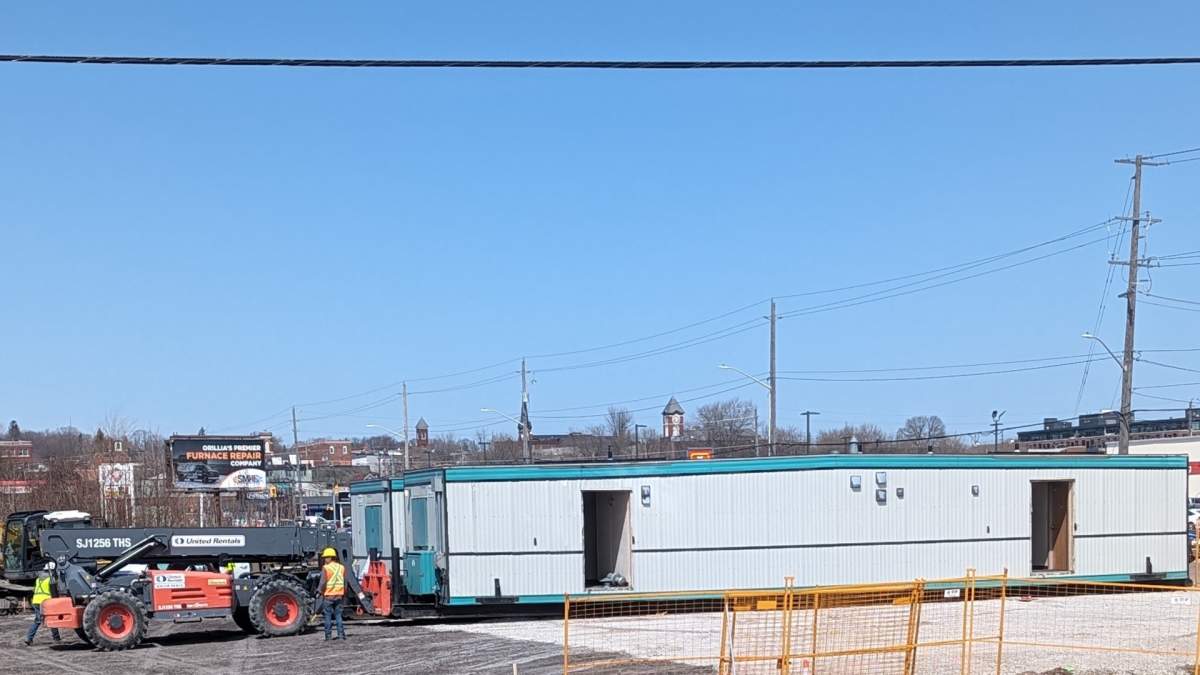The County of Simcoe, Ont., is preparing to open its latest rapid rehousing site to help local youth escape homelessness after securing a site in the city of Orillia.

The Orillia temporary site, at 175 West St. S., will be operated and run by the Elizabeth Fry Society Simcoe Muskoka.
This site will provide supportive rapid re-housing to unhoused youth ages 16 to 24 in the Orillia area, assist them in finding stable housing and teach them basic life skills.
Staff at Elizabeth Fry say they are happy to be able to open the doors soon.
“Youth experiencing homelessness face unique vulnerabilities stemming from their lack of stable housing, often compacted by other factors,” said Meaghan Chambers, executive director of the Elizabeth Fry Society Simcoe Muskoka. “Supportive interventions for youth, like this project, not only produce immediate outcomes but also have long-term effects of reducing recidivism rates of homelessness.”
She said the program, in partnership with the County of Simcoe and the City of Orillia, will significantly impact local youth homelessness.

Get breaking National news
This program will support between 10 and 20 participants within the first six months of the project and 20 to 40 participants within the first year.
The county expects to help between 100 and 200 participants over the project’s five years.
This latest site is critical to the community’s joint efforts to expand the homelessness system capacity in the Orillia area.
In February, the City of Orillia pledged a financial commitment of up to $100,000 from its affordable housing reserve for municipal fees associated with the site development and agreed to waive property taxes on the site while it is in operation.
The modular temporary housing facility arrived over a week ago and is currently in the process of being connected to city services for water and wastewater.
Orillia’s mayor says helping those in need is a top priority for the city.
“The County’s Supportive Rapid Re-Housing Program will address critical needs in our community, particularly for some of our most vulnerable, which are youth aged 16 to 24 experiencing situational homelessness,” Don McIsaac said. “This program will free up space and take pressure off the local shelter system, creating space for those in urgent need and will provide program participants with the tools and skills needed to transition to permanent housing.”
The county has successfully used a similar temporary structure in the city of Barrie on Rose Street.
While operated by Redwood Park Communities as a transitional housing program, the initiative in Barrie led to 18 clients, or 90 per cent of all participants, moving to permanent housing, which is the ultimate goal of the program.



Comments